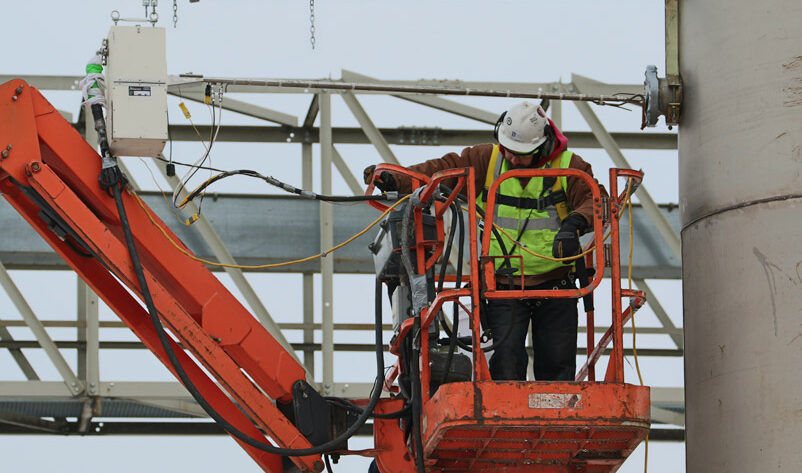JIS B 8010 Fine Particulate Emission Test
The JIS B 8010 fine particulate emission test is an essential procedure within the oil & gas sector aimed at ensuring compliance with environmental regulations and maintaining product quality. This test evaluates emissions of fine particulates from combustion processes, particularly in industrial burners used in oil refineries and natural gas processing facilities.
Compliance to this standard is crucial for several reasons. Firstly, it helps in minimizing the release of harmful pollutants into the atmosphere, thereby reducing environmental impact. Secondly, it ensures that products meet quality specifications set by regulatory bodies, which enhances trust among consumers and stakeholders. Lastly, adherence to such standards can prevent costly fines and penalties associated with non-compliance.
The test involves a series of steps designed to simulate real-world operating conditions as closely as possible. Specimens are typically prepared from the fuel oil or natural gas used in combustion processes. These specimens undergo rigorous testing using advanced analytical instruments capable of detecting particulate matter down to sub-micron levels.
Key aspects of the test include:
- The type of burner and its configuration
- The range of operating conditions under which the emission is measured, including temperature, pressure, and flow rate
- The use of specific sampling techniques to collect particulates
- The application of appropriate analytical methods for quantifying emissions
Once testing is complete, results are compared against established limits specified in JIS B 8010. Any deviations from these limits must be addressed immediately to ensure continued compliance.
The importance of this test cannot be overstated, especially given the increasing focus on sustainability and cleaner energy solutions worldwide. By employing stringent emission testing protocols like those outlined in JIS B 8010, industries can contribute positively towards reducing air pollution while maintaining high standards of product quality.
The JIS B 8010 standard is recognized globally for its stringent quality assurance measures. It provides a framework that ensures consistent performance across various testing laboratories, thereby enhancing reliability and accuracy of results.
Our laboratory adheres strictly to this standard, employing experienced technicians equipped with state-of-the-art equipment to conduct accurate and reliable tests. We utilize advanced sampling techniques combined with sophisticated analytical tools to detect even trace amounts of particulate matter.
We also offer comprehensive reporting services that provide detailed insights into the testing process and results. This includes graphical representations of emissions data, which can be crucial for identifying trends or areas requiring improvement.
Our commitment to quality is reflected in our certification by reputable bodies such as ISO 17025. This accreditation further underscores our capability to deliver high-quality services consistently.
- Use Case 1: Testing emissions from industrial burners in oil refineries
- Use Case 2: Evaluating the effectiveness of pollution control devices installed in natural gas processing plants
The JIS B 8010 fine particulate emission test is widely applicable across multiple sectors within the oil & gas industry. It plays a vital role in ensuring compliance with international standards, supporting sustainable practices, and maintaining product quality.
For instance, when applied to industrial burners, this test helps identify potential inefficiencies or areas of improvement that could lead to better fuel efficiency and reduced emissions. Similarly, in natural gas processing plants, it ensures that installed pollution control devices are functioning optimally, thereby minimizing any unintended release of harmful pollutants.
By leveraging the insights gained from these tests, companies can make informed decisions regarding process optimization, equipment upgrades, or operational adjustments aimed at enhancing overall performance and sustainability.
Why Choose This Test
- Reduces operational costs through efficient fuel utilization
- Promotes safer working environments for employees
- Aids in meeting regulatory requirements, avoiding potential fines and penalties





